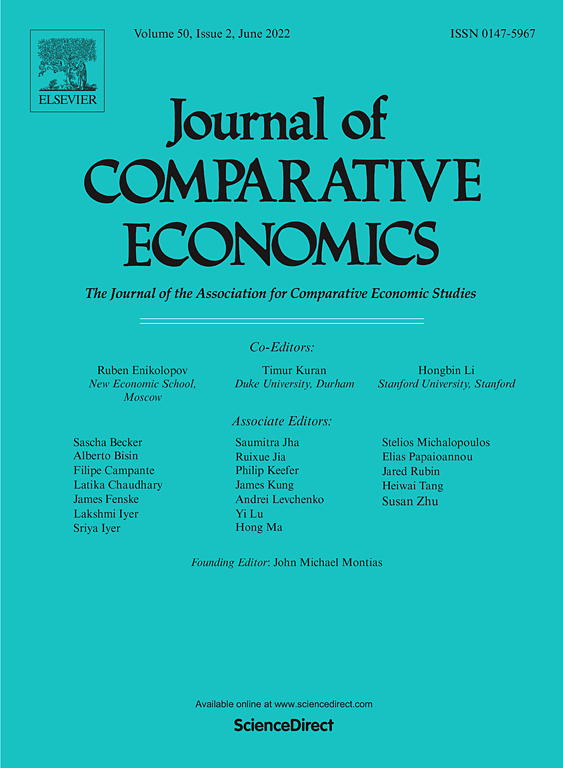
Regulation and Taxation: A Complementarity
I show how quantity regulation can lower elasticities and thereby increase optimal tax rates. Such regulation imposes regulatory incentives for particular choice quantities. Their strength varies between zero (laissez faire) and infinite (command economy). In the latter case, regulation effectively eliminates any intensive behavioral responses to taxes; a previously distortionary tax becomes a lump sum. For intermediate regulation (where some deviation is feasible), intensive behavioral responses are still weaker than under zero regulation, and so quantity regulation reduces elasticities, thereby facilitating subsequent taxation. I apply this mechanism to labor supply and present correlational evidence for this complementarity: hours worked in high-regulation countries are compressed, and these countries tax labor at higher rates.





